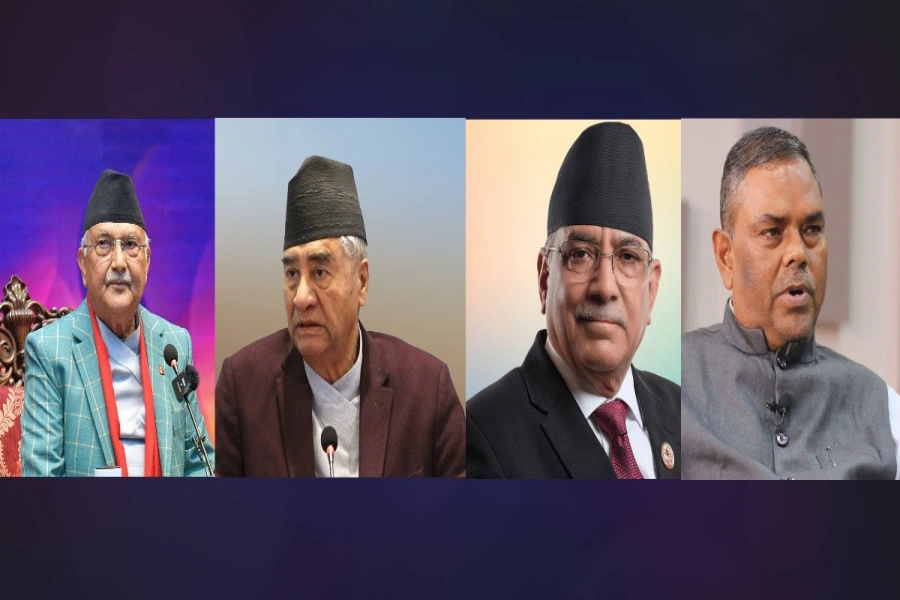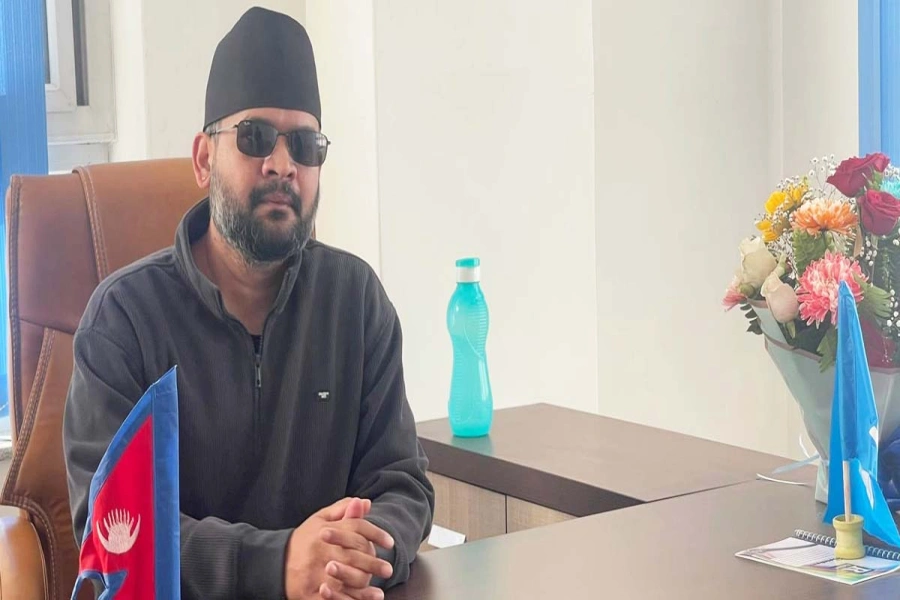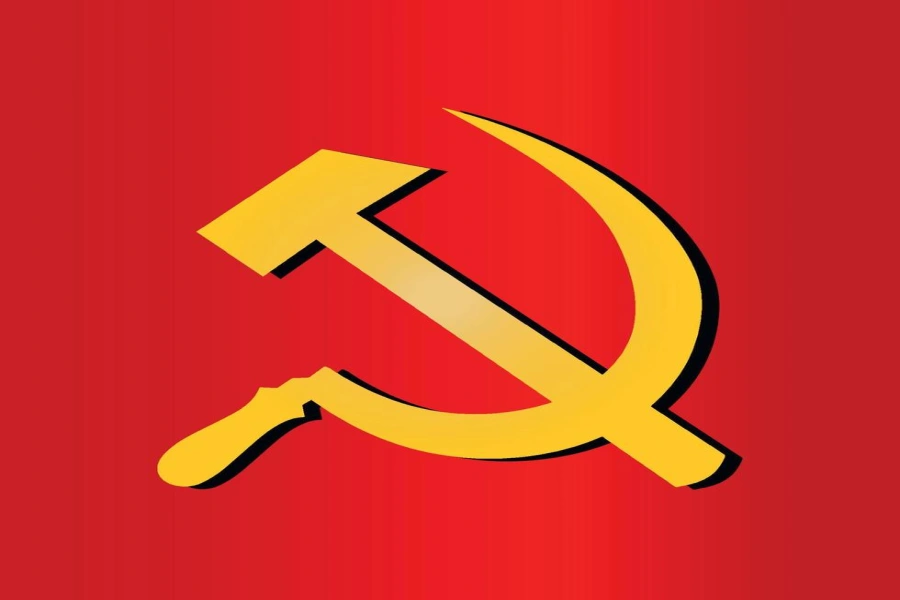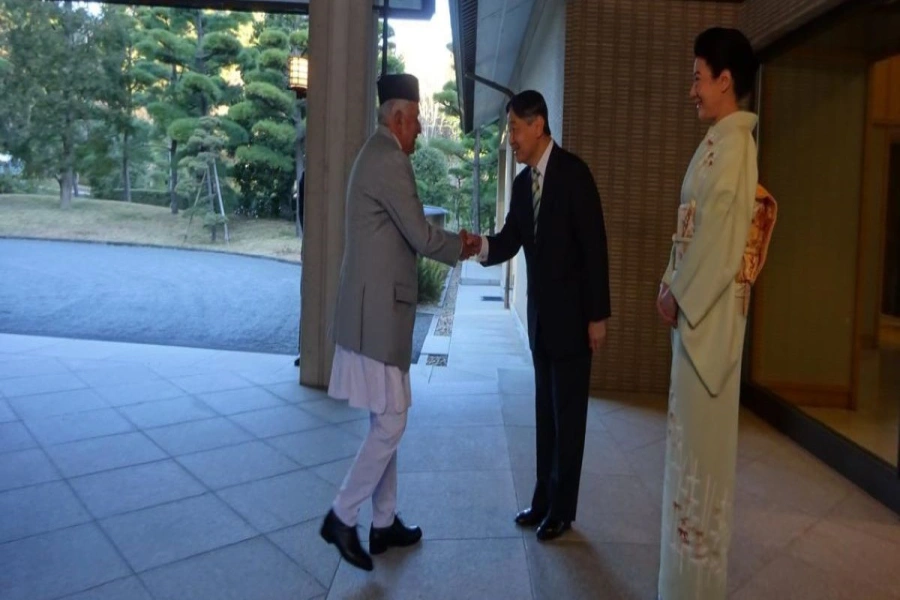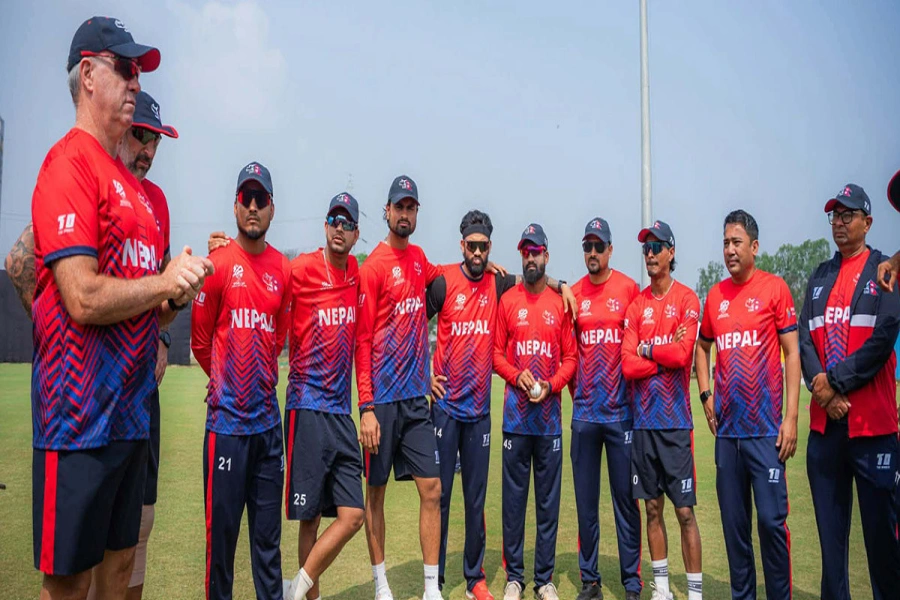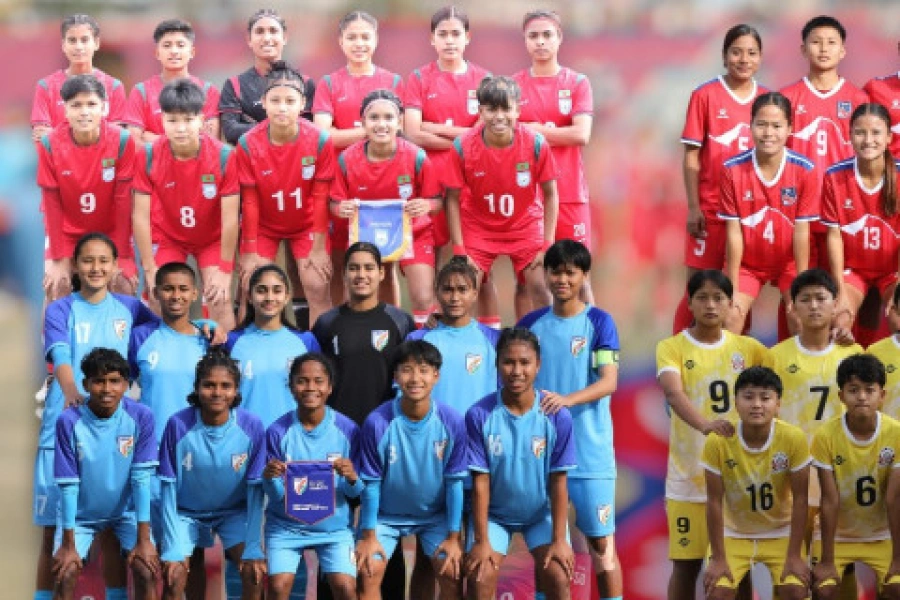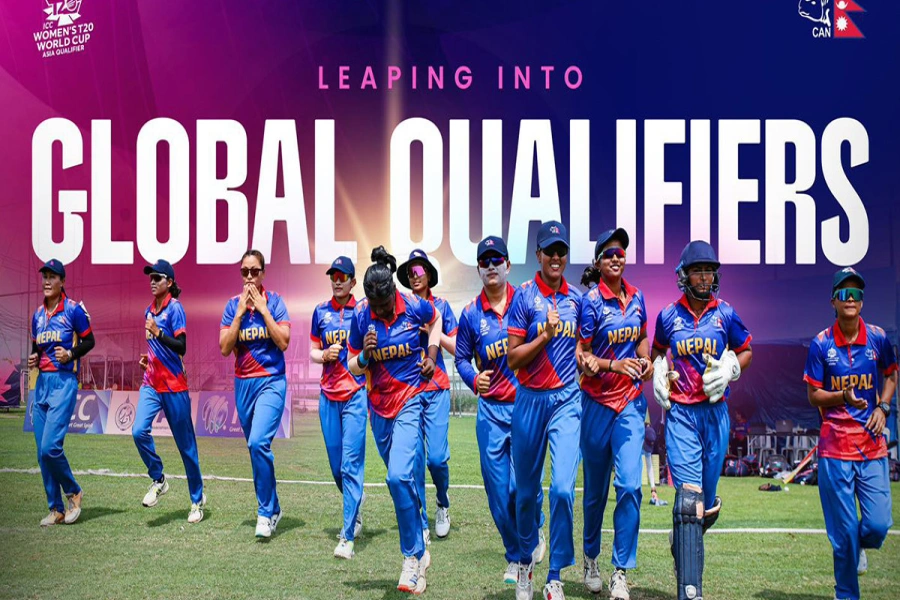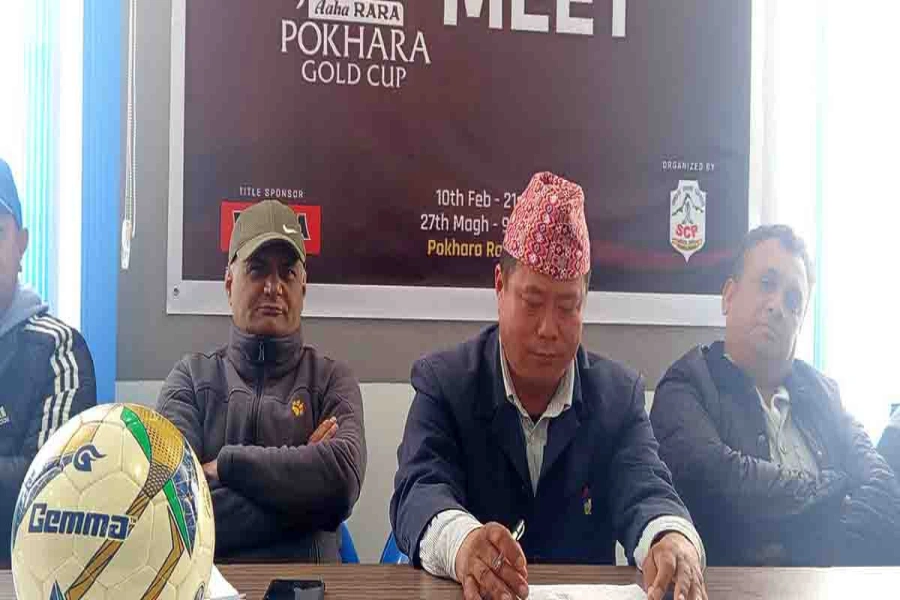KATHMANDU, Aug 11: The Supreme Court (EC) on Friday ordered the police administration to release suspended Director General of the Inland Revenue Department Chudamani Sharma, who was taken into judicial custody for alleged involvement in a multi-billion rupee tax scam.
The apex court’s order to release Sharma, who is one of the accused in the scam, comes at a time when a corruption case against Sharma and other two members of Tax Settlement Commission is under investigation at the Special Court.
Sharma, who worked as Member Secretary at the Commission, was released by police soon after the apex court issued the order.
Considering the gravity of the scam, the Commission for Investigation of Abuse of Authority (CIAA) had began investigation into the tax scam, taking Sharma into custody and subsequently filing the case at the Special Court.
Responding to a habeas corpus petition filed at the apex court by Sharma’s wife Kamala, a full bench of the apex court, however, ordered the police administration to release Sharma.
A full bench of apex court justices Deepak Raj Joshi, Deepak Kumar Karki, Kedar Prasad Chalise, Sarada Prasad Ghimire and Anil Kumar Sinha ordered Sharma’s immediate release, arguing that taking a corruption-accused into judicial custody was against the constitutionally ensured personal freedoms and that the bail amount set for Sharma ‘was unnatural’.
Prohibitory orders must be eased but scientifically: Experts

“In the context of Article 17 (1) of the Constitution of Nepal ensuring every citizen’s personal freedoms, the implementation of clause 19 (4) of the CIAA Act-2048 BS should be used very responsibly. The bail amount however seemed not to have been fixed in accordance with the spirit of these provisions,” stated the court order.
Police released corruption-accused Sharma from Metropolitan Police Range Office Teku immediately after the apex court ordered his release, arguing that the ‘bail amount was unnatural’.
The Special Court, the court established to settle corruption cases, is investigating the corruption case filed against Sharma and two other members of the commission- Lumbadhwaj Mahat and Umesh Prasad Dhakal. The apex court has also stated that the hearings in the tax scam will be continued in the lower court. Lawyers say the way the apex court issued order has raised questions over investigations of the anti-graft body and the chargesheet filed at the lower court and ‘its implications will be seen in the coming days’ while settling corruption cases there.
Experts fear that the apex court ruling may undermine hearings procedures at lower courts.
They said the order was issued over a most high-profile tax scam aimed at influencing a subjudice case. “This is unusual. This type of order may affect the special court’s investigations,” former CIAA chief Suryanath Upadhyay told Republica. “Ordering a corruption-accused individual’s release on a general date (tarik) at a time when the case is underway at a lower court is tantamount to encroachment over the lower court’s jurisdiction.”
In the order, the apex court justices have tried to minimize the tax scam, saying that taxes were settled through Tax Settlement Commission in the past as well. They argued that no question was raised against the quasi-judicial commission when it had resolved unsettled tax cases in the past. Citing the case of Janakpur Distillery versus Janakpur Tax Office, the apex court stated that the commission was already established as a quasi-judicial body.
The justices have also termed the fine amount sought from the accused Sharma as ‘imaginary’ and bail amount as ‘unnatural’.
Sharma’s wife, Kalpana, had filed habeas corpus petition after the CIAA sought Rs 3 billion in bail amount from the corruption-accused tax official. Failing to post the bail amount as sought by the anti-graft body, Sharma was kept in judicial custody since the last 71 days.
Sharma was arrested on June 2 on charge of waiving tax on business firms. The CIAA, however filed the corruption case against Sharma and two other Commission members – Mahat and Dhakal. Mahat and Dhakal are at large.
Along with Sharma, Mahat and Dhakal were accused of waiving taxes of both individuals and companies including those whose cases were subjudice and even some cases related to VAT. In its charge sheet, the anti-graft body has claimed that Rs 10.02 billion should be recovered from each of the accused.
The accused argue that they have done nothing wrong and had worked in accordance with the mandate given to the TSC which was formed by then finance minister Ram Sharan Mahat.






